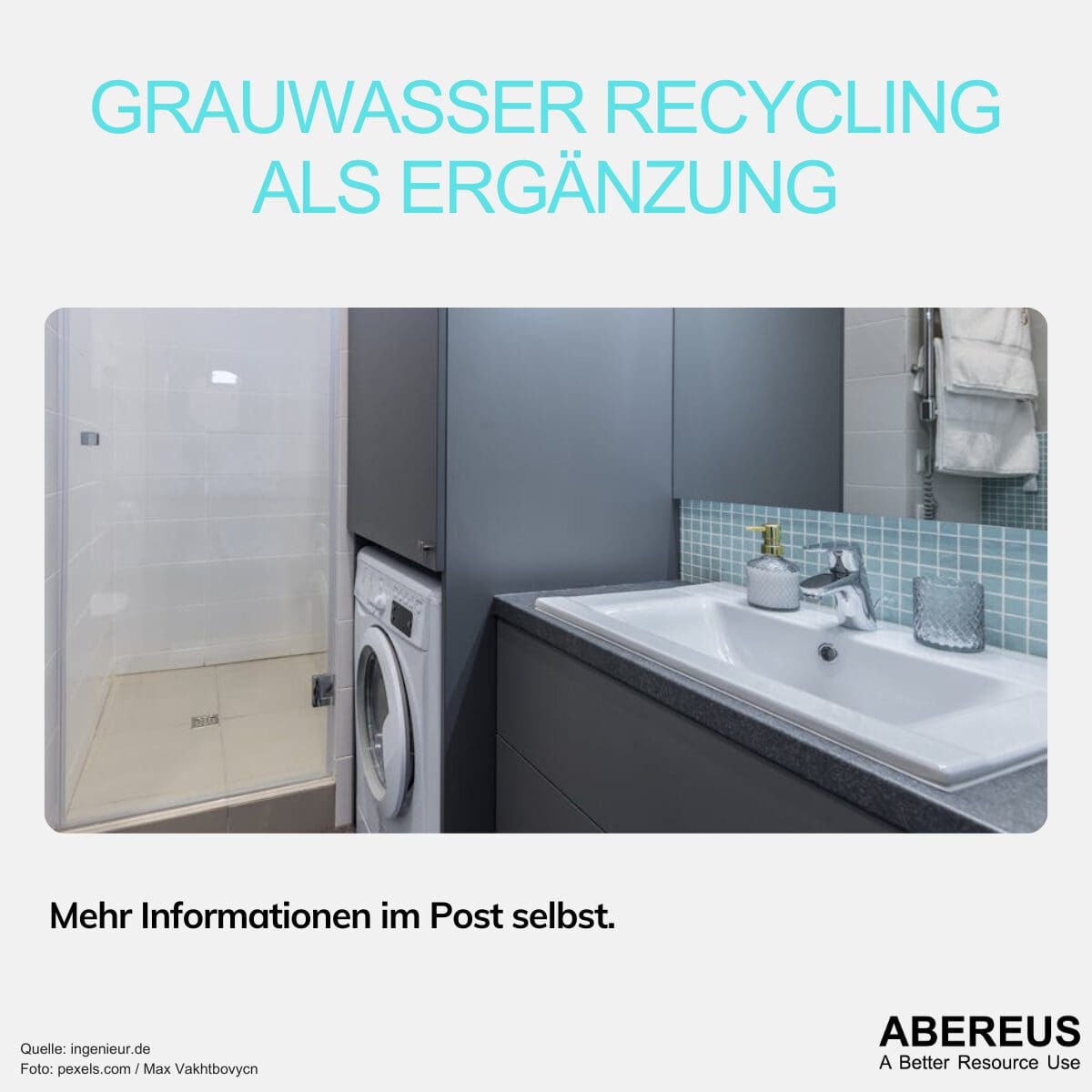Depleting ground water reserves

Date
Most people get their drinking water from the tap. To ensure its impeccable quality, groundwater is essential, and that’s becoming increasingly scarce due to depleting ground water reserves. 70% of our drinking water comes from groundwater, which is pumped up from depths and delivered to households through pipelines. Groundwater is mostly replenished by precipitation, mainly rain and snow, with the majority of these continuous rains occurring in winter and spring. The waters seep into the ground, and in various soil layers, they are filtered and purified.
However, groundwater levels are diminishing because of depleting ground water reserves. Over the past 20 years, Germany has lost 15.2 cubic kilometers of groundwater, equivalent to 0.76 cubic kilometers annually. This is more than the combined water usage of major cities like Berlin, Hamburg, Cologne, Munich, and Frankfurt. Climate change contributes to this issue, causing more intense rainfall that parched soils struggle to absorb, leading to rapid runoff.
Depleting is shown in the research
Research by the Federal Institute for Geosciences and the Karlsruhe Institute of Technology indicates that groundwater levels are projected to continue decreasing due to climate change. Depleting ground water reserves are a trend particularly evident in northern and eastern Germany, marked by longer dry periods and shorter spring groundwater replenishment phases. Regions like Berlin-Brandenburg are facing consecutive drought years, affecting shallow-rooted trees like firs and poplars.
While Germany remains relatively groundwater-rich, localized water scarcity is a growing concern. If climate warming persists, groundwater levels could drop by several decimeters to half a meter, further escalating depleting ground water reserves. Adaptation strategies are needed to manage potential water shortages on a local scale.
For more information about our groundwater, get connected and join us for a better resource use.



